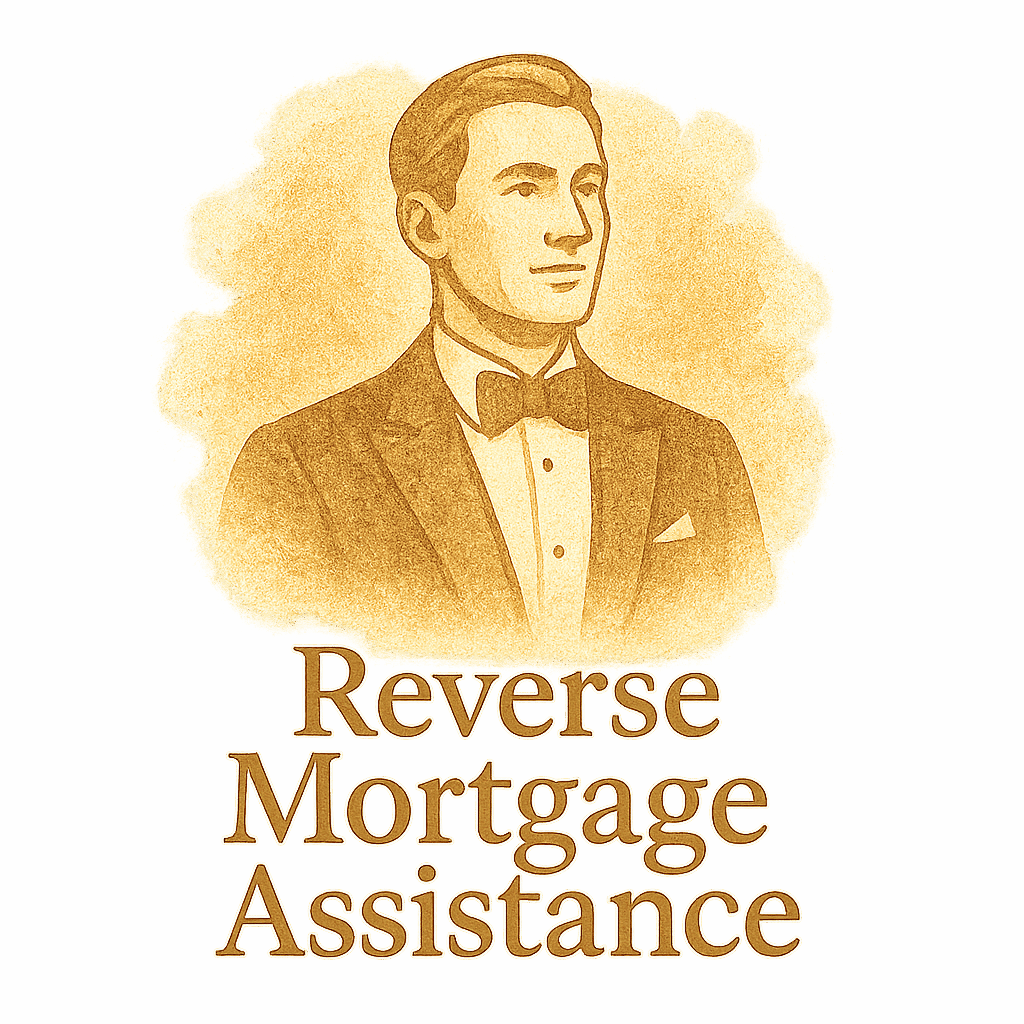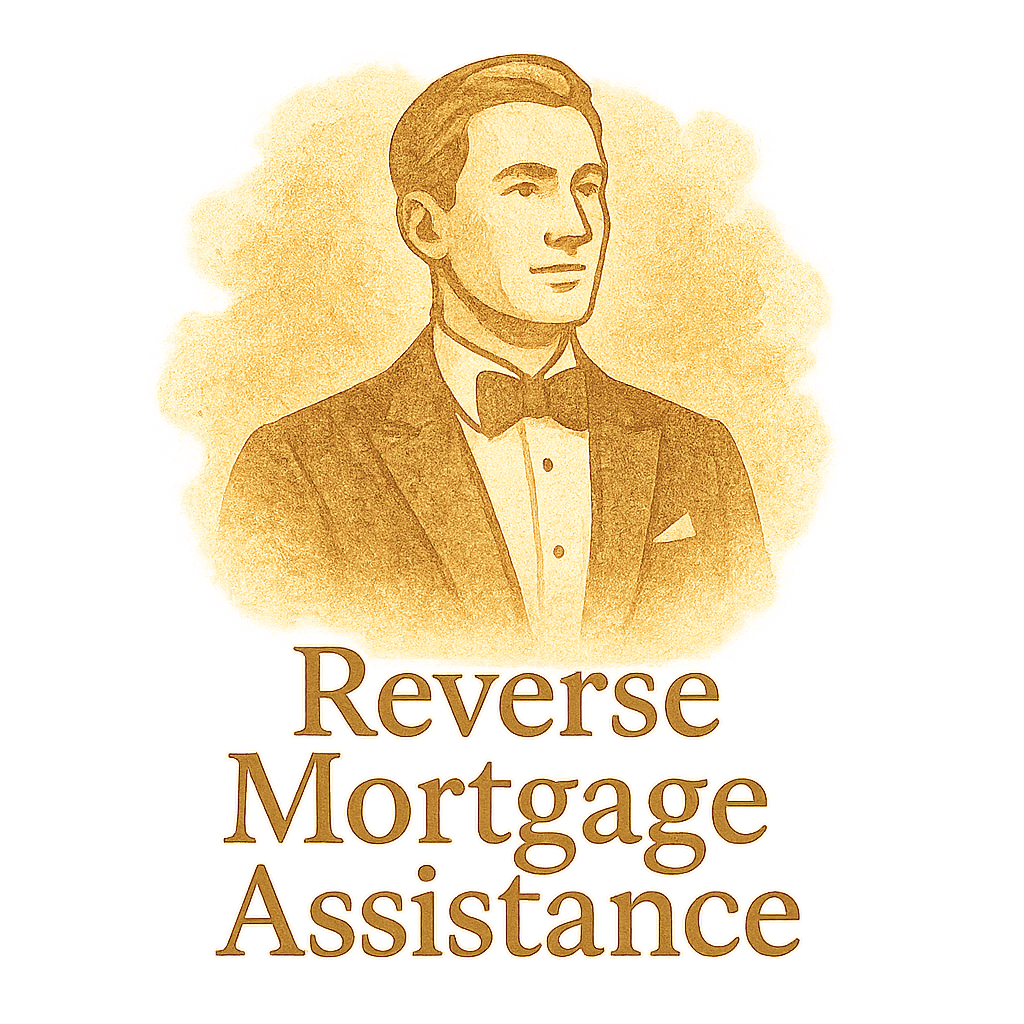Introduction to Reverse Mortgages
Reverse mortgages are often marketed as a golden ticket for retirees looking to tap into their home equity without selling their home. Sounds perfect, right? But as with most things in life, there’s more beneath the surface. While these financial tools can work well for some seniors, they are certainly not for everyone.
This guide will walk you through 8 reasons reverse mortgages might not be your best bet, especially if you’re aiming to protect your estate, maintain long-term financial stability, or just avoid future headaches.
And remember: before making any decision, check out the comprehensive basics at Reverse Mortgage Assistance to better understand your options.
Reason 1: High Upfront Costs
Closing Costs and Fees
Reverse mortgages come with a hefty price tag right from the start. Think of origination fees, mortgage insurance premiums, and third-party closing costs. These fees can gobble up a significant portion of your home equity before you even receive a dime.
Financial Burden vs. Benefits
Sure, you’re getting cash in hand, but what about the long-term trade-off? Would you pay thousands in fees for a product you may not use for long? If not, this might not be the right move. Always compare via loan comparison tools to see if alternatives might be more cost-effective.
Reason 2: Reduced Inheritance for Heirs
Impact on Estate Planning
Your home might be your most valuable asset. A reverse mortgage uses that value to give you cash now, but it reduces what’s left behind. Heirs may have to sell the home to repay the loan.
What Heirs Should Know
Many family members are shocked to find out they don’t get the house free and clear. Instead, they inherit debt tied to the property. For insights, review mortgage myths and truths.
Reason 3: Complex Terms and Conditions
Legal Jargon Can Be Confusing
The legal language in reverse mortgage contracts isn’t always user-friendly. It’s easy to overlook crucial clauses, especially for seniors unfamiliar with financial jargon.
Risk of Misunderstanding Contract Terms
A small misunderstanding can lead to big consequences. Consulting professionals familiar with legal and regulatory details is essential to avoid unwanted surprises.

Reason 4: Not Ideal for Short-Term Homeowners
Break-Even Timeline Considerations
Reverse mortgages are designed for long-term homeowners. If you’re planning to move within a few years, you might not live long enough in the home to justify the costs.
Cost vs. Time in Home
If you leave the home early, you may owe more than you received. Consider whether the equity drain makes sense based on your expected time in the house.
Reason 5: Risk of Foreclosure
Mandatory Obligations (Taxes, Insurance)
Yes, you can still lose your home with a reverse mortgage. If you fail to pay property taxes, insurance, or maintain the home, you risk foreclosure.
What Happens If Obligations Aren’t Met
Miss a payment? The lender can call in the loan. To learn more about what legal terms mean in practice, check this legal terms tag.
Reason 6: Limited Loan Amounts
Based on Equity, Not Full Value
Don’t expect to get a loan equal to your home’s market value. Lenders offer a percentage of equity based on your age and home condition.
May Not Cover Financial Needs
Need a large lump sum for healthcare or other expenses? A reverse mortgage might fall short. Explore more via the loan comparison tag.
Reason 7: May Affect Government Benefits
Impact on Medicaid and SSI
If your reverse mortgage payments push your income or assets over certain thresholds, you could lose access to programs like Medicaid or Supplemental Security Income (SSI).
What Benefits Are at Risk?
Social Security and Medicare are safe, but means-tested programs aren’t. It’s a delicate balance many overlook when planning their finances. Dive deeper into mortgage planning.
Reason 8: Emotional and Psychological Concerns
Fear of Losing Control
Some people just don’t like the idea of owing more over time or putting their home on the line. It can create emotional stress, especially if family members disagree with the decision.
Stress from Financial Complexity
Managing a reverse mortgage involves lots of paperwork, planning, and regular communication with lenders. If that sounds like a hassle, it might not be worth the emotional cost.
Reverse Mortgages Aren’t One-Size-Fits-All
Evaluate Financial Goals First
Reverse mortgages can be powerful tools—but only if they fit your unique goals. Ask yourself: What’s most important—liquidity, legacy, or stability?
Importance of Professional Guidance
Speak with a financial advisor and explore real-world case studies before committing. And if you’re close to retirement, don’t miss our dedicated info on retirement planning and support for seniors.
Conclusion
A reverse mortgage may sound tempting—and it can be a smart move in the right scenario. But it’s definitely not a universal solution. From high costs and reduced inheritance to risks of foreclosure and benefits loss, the drawbacks are very real.
Before jumping in, consider whether your priorities align with what a reverse mortgage offers. Be informed. Be cautious. And always keep your long-term goals in focus.
For further help, visit Reverse Mortgage Assistance for resources, tools, and expert guidance.
FAQs
1. Can a reverse mortgage be paid off early?
Yes, you can pay it off at any time without penalty, but you’ll need to cover the loan balance plus any accrued interest.
2. Will I still own my home with a reverse mortgage?
Absolutely. You retain ownership, but the lender holds a lien on the property until the loan is repaid.
3. What happens to a reverse mortgage when the homeowner dies?
The loan becomes due, and heirs must repay it or sell the home to cover the balance.
4. Can I get a reverse mortgage if I still have a mortgage balance?
Yes, but the reverse mortgage must pay off the current mortgage first.
5. How does a reverse mortgage affect my taxes?
Reverse mortgage funds are generally not considered taxable income, but it’s best to check with a tax advisor.
6. Can I be foreclosed on with a reverse mortgage?
Yes, if you fail to meet requirements like paying taxes, insurance, or maintaining the home.
7. Are reverse mortgages only for low-income retirees?
No, they’re available to any homeowner over 62 who qualifies, regardless of income—but financial need is often a motivator.


